Spermicide & Contraceptive Gel
What’s spermicide?
Spermicide is a kind of birth control that has chemicals that stop sperm from reaching an egg. You put it in your vagina before sex to prevent pregnancy.
You don’t need a prescription to get spermicide — you can buy it over-the-counter at most drugstores, pharmacies, and superstores in the condom aisle.
There’s also a new kind of vaginal contraceptive gel called Phexxi. Phexxi isn’t a spermicide, but you use it in a similar way — you put the gel in your vagina before sex, and it helps stop sperm from meeting with an egg. You need a prescription from a nurse or doctor to get Phexxi. Learn more about Phexxi.
Both spermicide and Phexxi are non-hormonal birth control options.
How does spermicide work?
Spermicide is a chemical that you put deep into your vagina right before sex. It prevents pregnancy two ways: blocking the entrance to the cervix so sperm can’t get to your egg, and stopping sperm from moving well enough to swim to your egg.
Spermicide can be used by itself, or combined with other birth control methods. Using spermicide plus a condom gives you extra protection from pregnancy (bonus: condoms prevent STDs, too).
And you need to use spermicide with diaphragms and cervical caps in order for them to work.
Fun fact: the root word “cide” in “spermicide” means “to kill.” Spermicide doesn’t actually “kill” sperm, but it slows it down so it can’t reach an egg.
What are the different kinds of spermicide?
Spermicide comes in many different forms: creams, gels, film, foams, and suppositories (soft inserts that melt into a cream inside your vagina).
There are lots of different spermicide brands and types out there, but they all work in a similar way — blocking the cervix and stopping sperm from moving. The best kind of spermicide to use is the one you like the most.
 Abstinence
Abstinence
 Breastfeeding
Breastfeeding
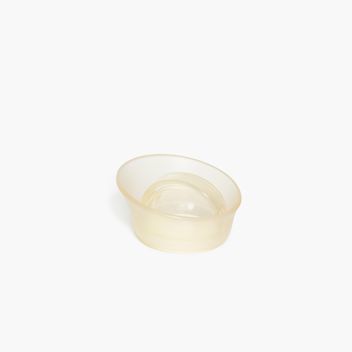 Cervical Cap
Cervical Cap
 Condom
Condom
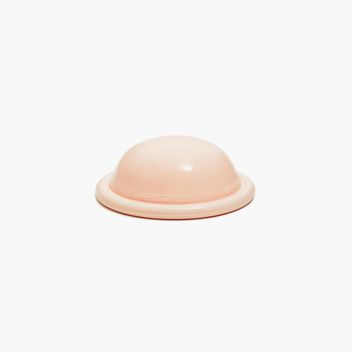 Diaphragm
Diaphragm
 FAM
FAM
 Female Condom
Female Condom
 Implant
Implant
 IUD
IUD
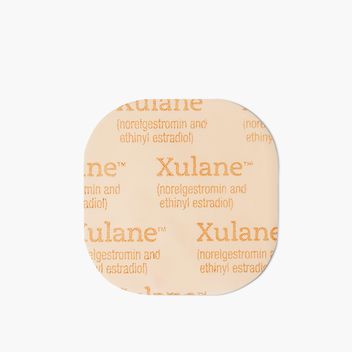 The Patch
The Patch
 The Pill
The Pill
 The Ring
The Ring
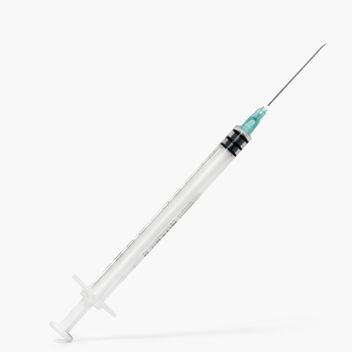 The Shot
The Shot
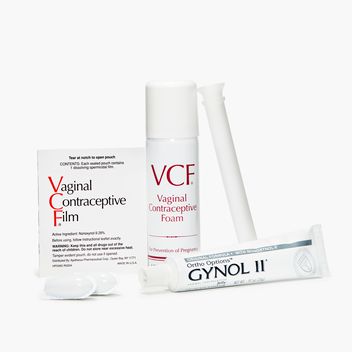 Spermicide
Spermicide
 Sponge
Sponge
 Sterilization
Sterilization
 Vasectomy
Vasectomy
 Withdrawal
Withdrawal